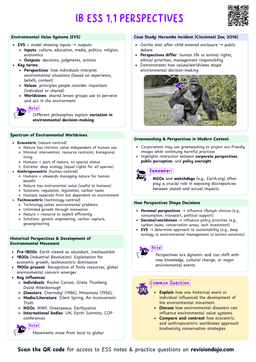Rights-Based Ethics
Rights-based ethics
Rights-based ethics (also known as deontological ethics) evaluates morality based on whether an action respects the rights of individuals or entities, rather than its consequences.
This approach argues that some actions are inherently right or wrong, regardless of the outcomes they produce.
Core Idea:
- Morality is determined by adherence to moral rules or rights rather than by the consequences of an action.
- Rights can be defined in terms of human rights, animal rights, or even environmental rights.
- Actions that violate these rights are considered unethical, even if they result in positive consequences for others.
Key Features:
- Absolute Moral Rules: Some actions are always wrong, such as killing, stealing, or lying, because they violate fundamental rights.
- Dignity and Respect: Every being with rights should be treated with respect, regardless of the consequences.
- Legal and Moral Rights: Some rights are protected by law (e.g., human rights), while others are ethical beliefs (e.g., the right of nature to exist without human interference).
- Human Rights: The right to clean air, water, and a healthy environment.
- Animal Rights: The belief that animals should not be killed for food, tested on, or used for entertainment if it violates their well-being.
- Environmental Rights: Some argue that ecosystems, forests, or rivers have intrinsic rights to exist and should not be destroyed by human activities.
Application to Environmental Ethics:
- Animal Welfare: Some people oppose deforestation because it destroys habitats and violates the rights of animals to live in their natural environment.
- Climate Justice: Rights-based ethics can argue that polluting industries violate the rights of future generations by degrading the environment they will inherit.
- Legal Precedents: Some countries, like Ecuador and New Zealand, have granted legal rights to nature, recognizing that rivers and forests have the right to exist and be protected from harm.
Strengths:
- Protects individual rights and ensures moral consistency.
- Does not justify harmful actions, even if they have beneficial outcomes.
- Provides a strong ethical foundation for policies like environmental protection and animal rights.
Limitations:
- Rights can sometimes conflict, e.g., the right to economic development vs. the right to a clean environment.
- Determining which beings or entities have rights can be subjective and culturally dependent.
- Strict adherence to rights may lead to impractical outcomes (e.g., banning all logging to protect tree rights may harm local economies).
A rights-based ethicist may argue against deforestation, not just because it contributes to climate change, but because cutting down forests violates the rights of indigenous people to their land and the rights of animals that depend on the forest for survival.


